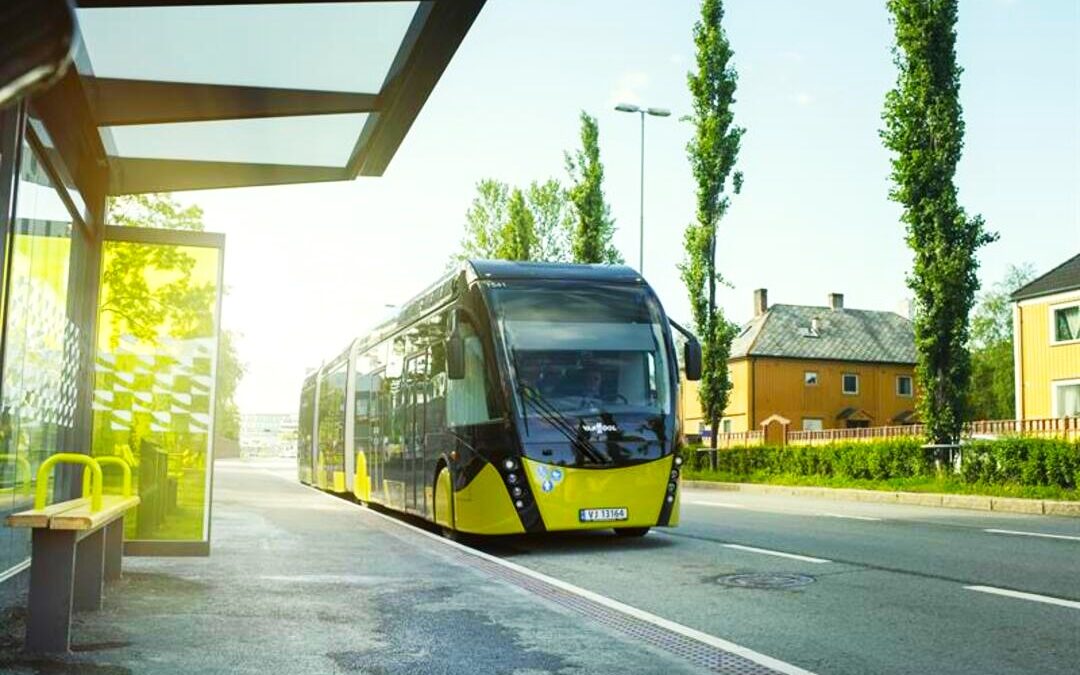Norway’s First Wireless EV Charging Road Paves Way for Sustainable Future
This infrastructure is a unique solution that transfers the generated electromagnetic field to compatible vehicles as they drive over the charged road.
Sustainable transportation reached a new milestone with Israeli technology company Electreon Wireless successfully deploying Norway’s first electric vehicle charging road.
The Israeli hi-tech startup said last month that the wireless EV charging infrastructure was introduced on a 100-meter stretch of the A10 highway in the Norwegian city of Trondheim, allowing motorists to charge their batteries on the move.
This groundbreaking infrastructure, featuring specialized copper coils beneath the road, is a unique solution that transfers the generated electromagnetic field to compatible vehicles as they drive over the charged road.
The project, funded by the Norwegian government and estimated to cost about 22.4 million Norwegian kroner ($2.12 million), is scheduled to undergo extensive testing for approximately one year, allowing researchers to gather crucial data on its performance.
The road will test a fleet of four Chinese electric buses, including three from Yutong and one from Higer, providing a robust assessment of the charging systems across diverse vehicle designs.
The project’s ultimate goal is to assess the technology’s potential as a sole energy source for electric buses. If successful, this could revolutionize public transportation, eliminating the need for charging stops and enabling uninterrupted service.
The project’s testing phase will also focus on the system’s resilience in extreme weather conditions. Trondheim’s harsh winter climate provides a unique opportunity to subject the charging infrastructure to severe environmental challenges, ensuring its reliability under all circumstances.
The statement said that by proving its effectiveness in such conditions, Electreon’s technology could demonstrate its viability for widespread adoption in various geographic locations, including those with similarly demanding climates.
This pilot project in Trondheim is a testament to the power of collaboration. It represents a coming together of international expertise and innovation, bridging Israeli technology, Chinese vehicle manufacturing, and Norwegian infrastructure and funding in a shared mission for sustainable transportation.
Nirmal Menon
Related posts

Subscribe
Error: Contact form not found.


